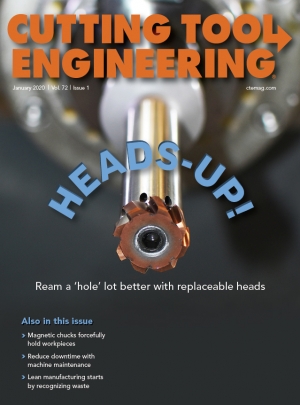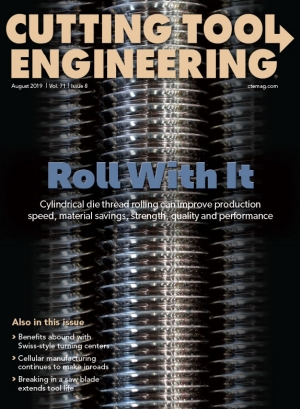Measurement
LaserPlus aids precision, productivity
With LaserPlus from ANCA, operators can measure tool geometries in process to within +/- 2 µm or less. The laser measurement and compensation system is available as an option in select ANCA machines. For more about the laser measurement system, view this brief video overview.








